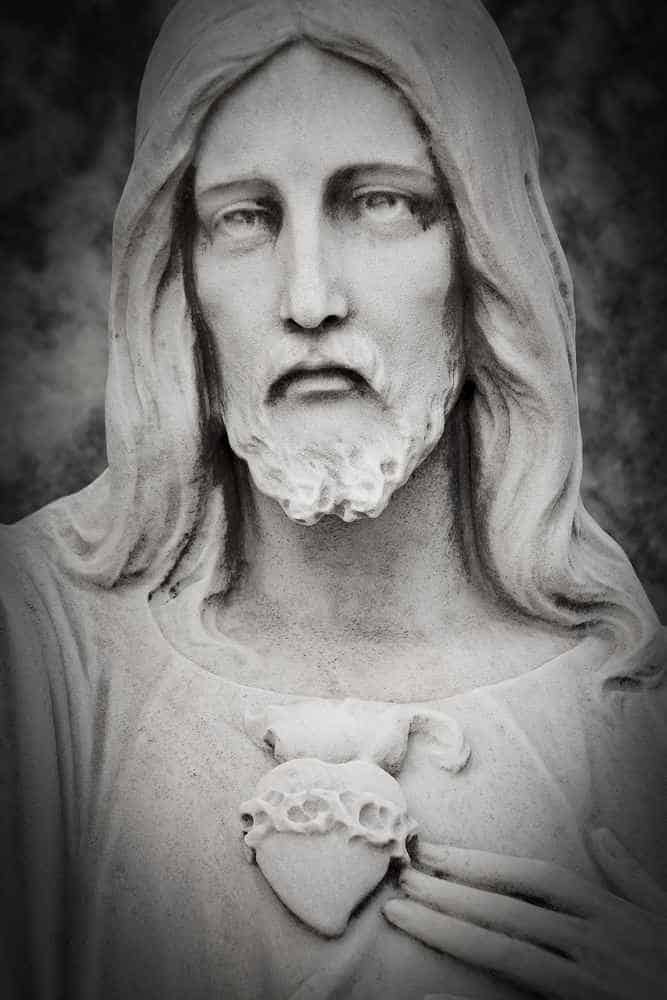 “Call to me and I will answer you and tell you great and hidden things that you have not known.”
“Call to me and I will answer you and tell you great and hidden things that you have not known.”
Jeremiah 33:3
A Christian dialogue on sexual diversity conjures vivid images, I am sure, for any person considering such an oxymoron. And yet the interactions at Oriented to Love demonstrate that our imaginations only limit what God can do.
For two days a disparate group of 12 Christians met with unity of spirit at a small retreat center. They bridged the gap between those who believe God looks equally favorably on same-sex and heterosexual relationships, and those who believe same-sex relationships lie outside God’s will. And yet in that span of time it seemed that the issue of same-sex involvement was peripheral to a more fundamental issue—namely, how do we, as followers of Christ in the postmodern world, grapple with the truth in/of relationships? As we shared our sorrows and our joys, it became clear that we were united in the struggle to find acceptance and nurturing and in our struggle to understand what such time-honored truths as fidelity and loving our neighbor mean in a world that seems increasingly complex.
To be sure, we had our moments of disagreement. And yet it seemed no greater number than the disagreements that are fundamental to any group of people who seek God’s will and ask each other, “What does he really want from us?” In so doing we see into the souls of those who believe, fervently and earnestly, in a God who embraces us all and in a love that encompasses beliefs that on the surface are disparate but beneath share a common thread of devotion to the Master and a desire to do God’s will.
We also recognized that although we focused with a single purpose, our journeys lead us home by so many directions. Theology, background, tradition, and even culture separate us from one another in the paths we pursue. It can be painful to recognize that separation, but there is also joy in discovering a new path by walking alongside one another or even in another’s shoes. The experience of trusting that God is at work in each other’s lives allows us to love each other as friend, neighbor, and fellow sojourning Christian.
We did not leave with answers, nor should we have done so. To have answers would imply that these deeply personal questions are facile and answerable! Instead, they plumb the depths of what God expects when he calls us to be in prayerful relationship to one another. We left to find ourselves humbled, renewed, and—perhaps most of all—loved.
James Cates is a psychologist living in Fort Wayne, Ind.


